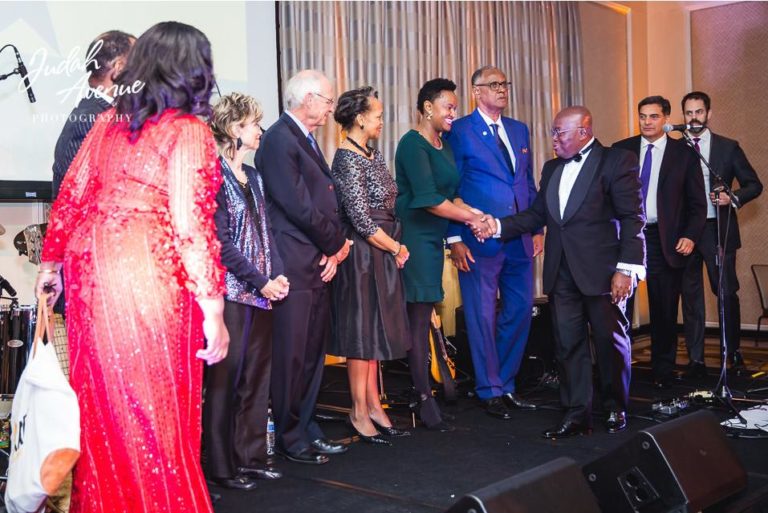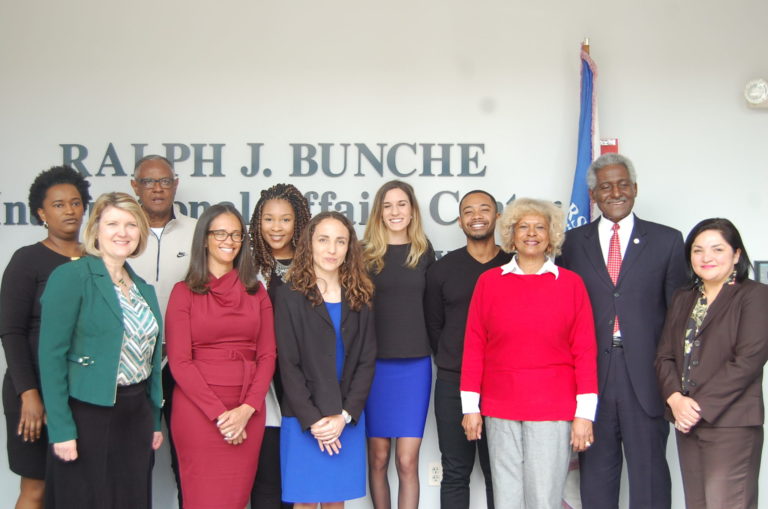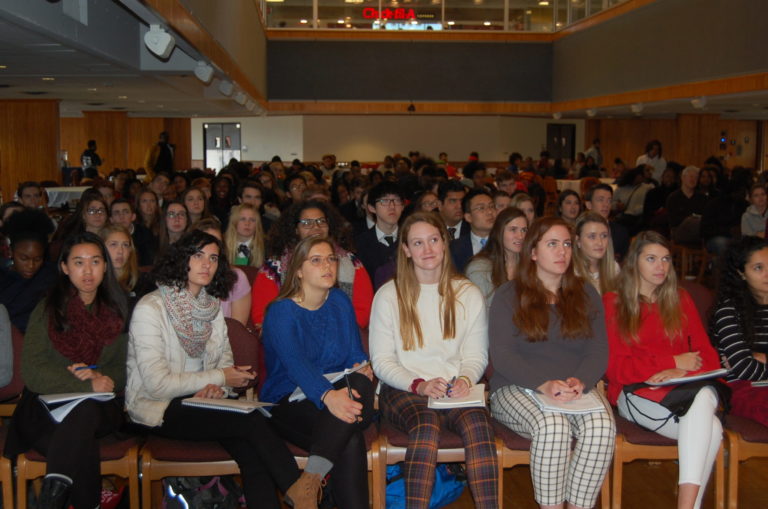Since then we have hosted and partnered with great leaders and visionaries
whose work has impacted U.S.- Africa policy and relations greatly.
IN RETROSPECT
On February 16 to 20, 2000, the National Summit on Africa’s unprecedented Dialogue and Celebration of Africa changed the face of American policy toward the continent. Over eight thousand delegates and participants, representing every state and territory in the union, came together in Washington, DC for the largest and most diverse gathering of Africa-interested people in the history of the United States to finalize the “National Policy Plan of Action for U.S. Africa Relations in the 21st Century.” American and African leaders including President Bill Clinton addressed the dedicated attendees who then attended workshops to discuss the future of U.S.-Africa relations. They represented a network of 25,000 individuals who attended five regional summits in Atlanta, Boston, Chicago, Baltimore, and San Francisco, and three policy forums in Los Angeles, Denver, and Oklahoma City, from 1998 to 2000. The five broad themes covered were: 1) democracy and human rights; 2) economic development, trade and investment, and job creation; 3) education and culture; 4) peace and security; and 5) sustainable development, quality of life, and the environment.



The National Summit on Africa process, which began in 1996 and was funded by the Ford Foundation and the Carnegie Corporation of New York, had a profound impact on U.S. foreign policy. As a result of the Summit, Africa moved from the bottom of the foreign policy agenda to near the top–garnering strong bipartisan support from policymakers. The Africa constituency in the United States was broadened and strengthened, linkages were formed in many sectors with African partners, and a network of partners and organizations joined together to promote initiatives that benefited millions of Africans.
The Summit’s constituency throughout the country worked to get federal policymakers to implement specific sections of the National Policy Plan of Action, the first People’s Manifesto on U.S. policy vis-à-vis Africa. Through coordinated efforts, the Summit’s constituency advocated for legislation that increased debt relief, expanded U.S.-Africa trade relations through the African Growth and Opportunity Act (AGOA), combated AIDS through the World Bank-AIDS Prevention Trust Fund Act, and opposed political restrictions on U.N. funding for peacekeeping operations in Sierra Leone.
Those individuals of all ages, races, cultures and walks of life whose collective strength made the massive mobilization in support of the continent of Africa possible through the National Summit on Africa helped shape U.S.-Africa policy and demonstrated to the world that Africa matters!
As a dynamic, diverse, and inclusive organization, The Africa Society continues to pay close attention to sociopolitical developments and challenges on the African continent, and is determined to ensure that Africa remains a priority in the minds of American policymakers and the public.
CONTRIBUTE
Support our exceptional Africa-focused programming on topical issues to US audiences, educators and students.
Join our community of policy makers, leaders, professionals, artists in the United States and Africa.
Partner with us to bring programming that brings value and long term growth to your organization and our community.